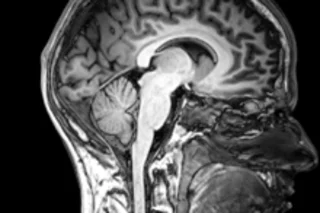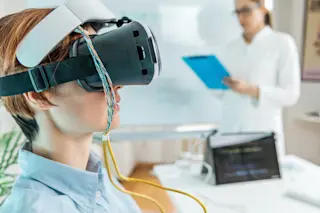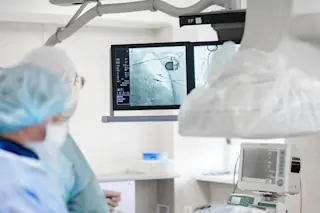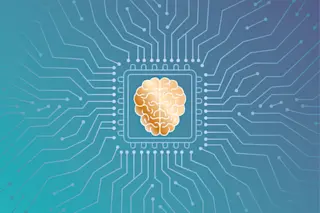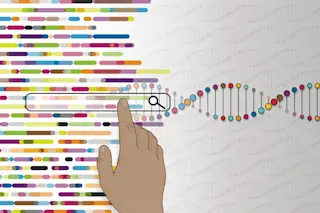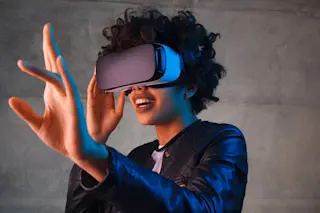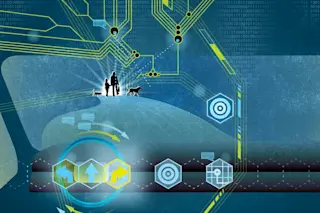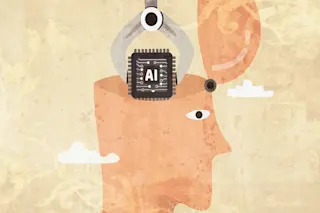Not just yet. The day probably will come when functional MRI brain scans become viable evidence in American courts, but thanks to a ruling in a Brooklyn case this week, that day is yet to come. DISCOVER covered the details of the case two weeks ago—a woman sued her former employer claiming she was treated poorly after complaining of sexual harassment, and wanted fMRI scans admitted as evidence to validate the credibility of a witness. But Judge Robert H. Miller has now denied the request under New York State's Frye test, which says, among other things, that expert testimony is only admissible if it's widely accepted in the scientific community. As we saw yesterday when we covered the optogenetics tests designed to verify fMRI results, there are still lingering doubts about the technique's reliability. Given that there were apparently no other rulings that dealt with the admissibility of fMRI (at ...
Neuroscience Goes to Court: Can Brain Scans Be Used as Lie Detectors?
Functional MRI brain scans are still not accepted as court evidence, facing challenges under the Frye test's scrutiny.
More on Discover
Stay Curious
SubscribeTo The Magazine
Save up to 40% off the cover price when you subscribe to Discover magazine.
Subscribe

